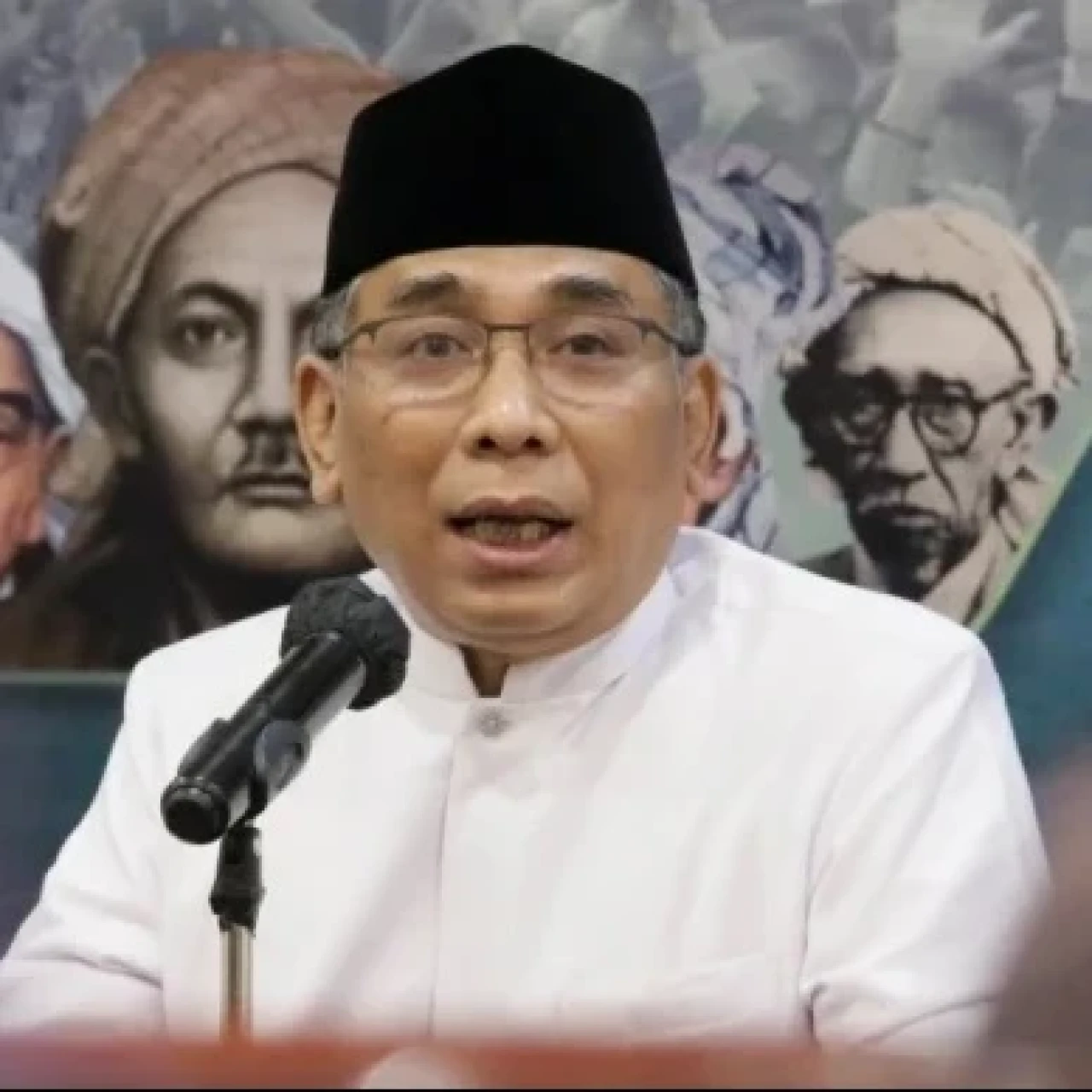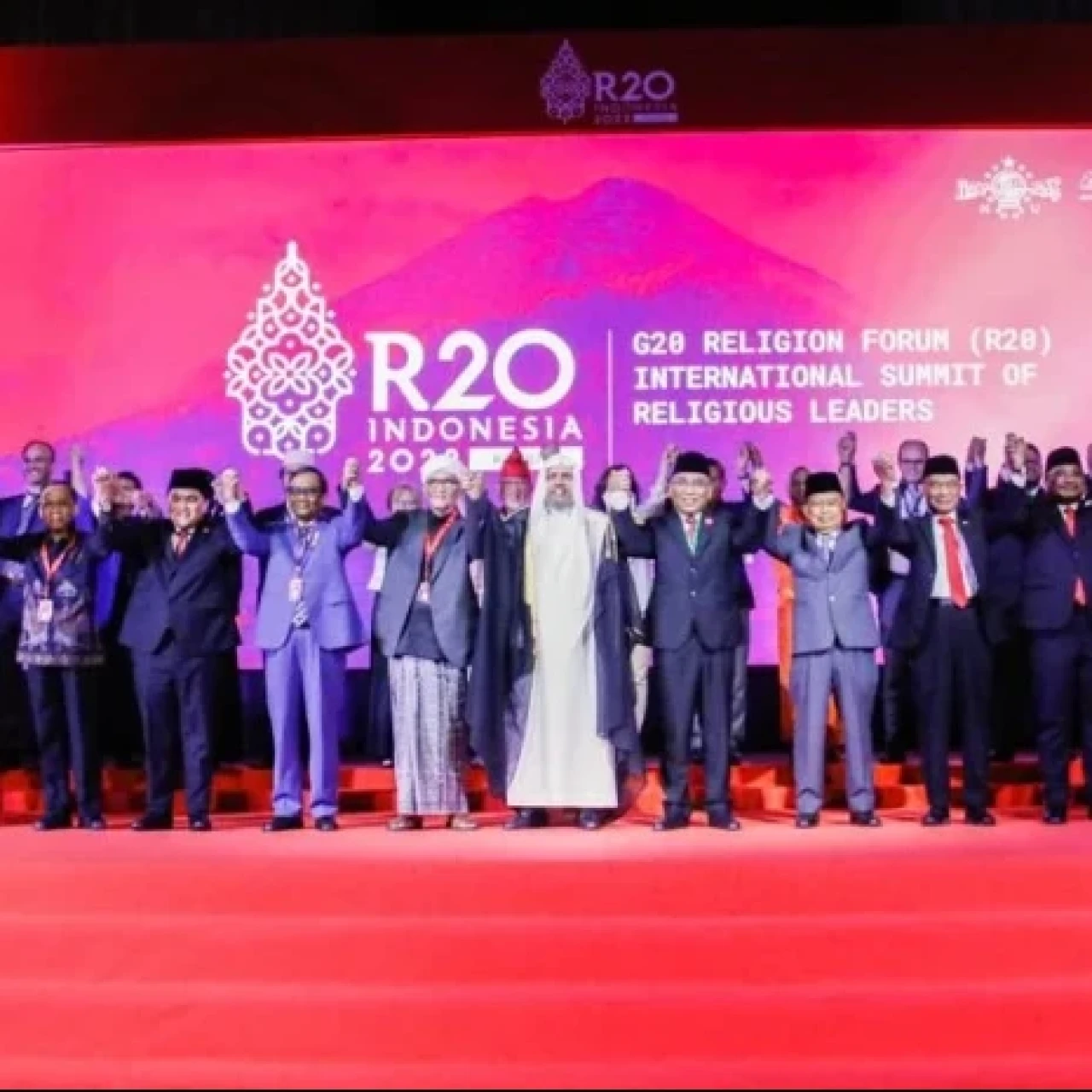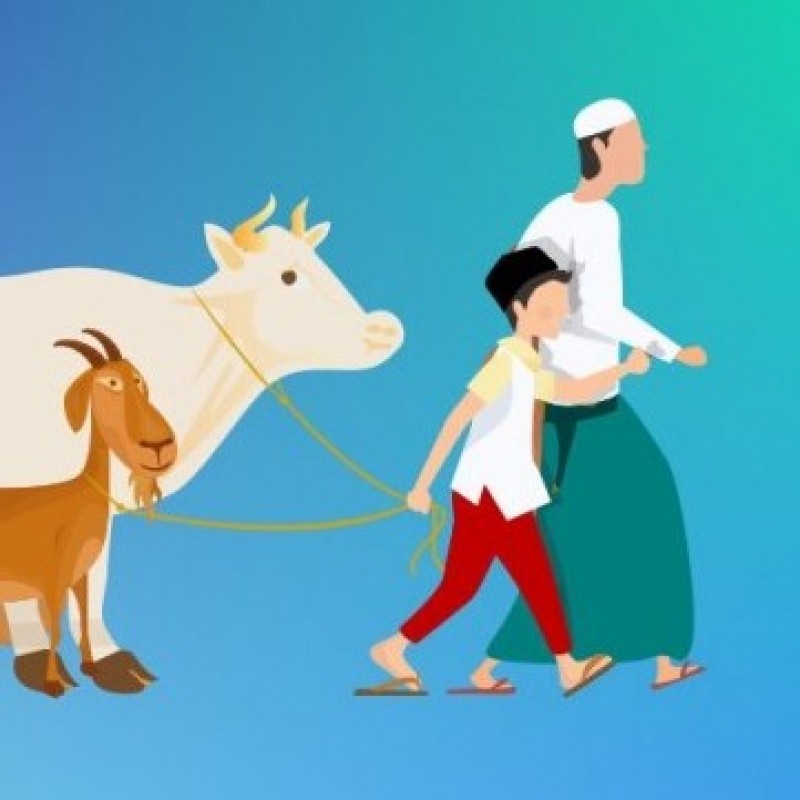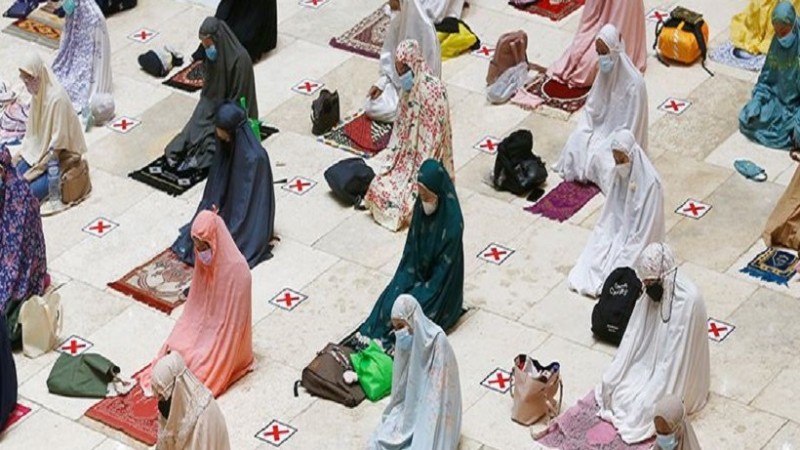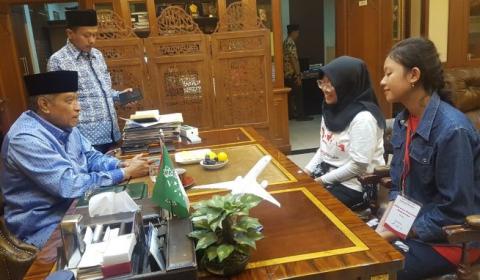This book written by Bulliet titled “The case for Islamo-Christian civilizations” is a critique of Huntington’s work on the Clash of civilizations. Bulliet argues that Islam and the West have common roots and share much of their history. Again, he adds that the present conflict is merely from a long and willful determination to deny their kinship rather than on essential factors.
Bulliet’s work with his background as a historian is that he profoundly looks at the historical point of view in order to study about the Islamic and Christian liaison. In my opinion, it is a good way to trace the roots of present conflict to go beyond one’s perception. He points out that Islam and Christianity have shared their history as cohabitation, which experiences life in harmony. Islamo-Christian civilizations indicate a prolonged and fateful intertwining of sibling societies enjoying neighboring geographical regions and following parallel historical trajectories. Whatever the hostility that probably will emerge in their lives, the same cultural heritage will in turn prevent them and make possible to attain reconciliation.<>
However, Bulliet’s work in this sense still has some weaknesses because he relies heavily on historical data and otherwise he still does not provide enough data relating to current issues such as terrorism, even though he refers to the September attacks on 11, 2001. It is reasonable because the hostility as well as hatred between Islam and Christianity still takes place and become an endless debate or discourse in dealing with how to solve because of terrorist actions. At least he can propose a solution on how to deal with this.
Concerning the case of Indonesia, the relationship between Islam and Christianity are divided into two phases. Firstly, the phase before independence and secondly the phase after the period of Indonesian independence. Along with the former phase, the relationship between Muslims and Christians was irreconcilable. It could be seen from the case of Dutch colonization according to which the Dutch brought not only politics and economic activity but also Christian missionaries as well. Christian missionaries brought by the Dutch led to the enmity between Islam and Christianity because Indonesian Muslims felt that their religion had been threatened and Indonesian Muslims simultaneously rejected the standard mission of the Dutch.
Regarding to the latter period, it is obviously not different from before independence. This period saw the advent of numerous Christians. It is because of government policy, which averted many communism former in order to choose only one religion over other religion that had been formalized by government at that time. Consequently, two billions people who came from the communist party converted to Christianity in 1966. This fact further engendered hostility and prejudice among Indonesian Muslims. To be precise, according to the empirical evidence, the relationship between Islam and Christianity has been one of unrelenting enmity up to now. It has been proven that the upheaval or the riot that took place in some regions in Indonesia such as, Ambon, Poso, and the like is one of corroboration of it.
Pertaining to the crisis of authority in Islam, there are however, institutions as well as religious leaders or Ulama who have an authority at forcing reconciliation among different religions. In dealing with the Indonesian case at present, religious leaders attempt to bridge the divergence between Islam and Christianity in response to previous conflict, which has occurred for several years ago in Indonesia. One of those is Abdurahman Wahid (Gus Dur) considered as a muslim inclusive. In this regard, he consistently campaigns for harmony with regard to religious life and the other one is such institutions like MUI (Indonesian mufti assembly) which also has an authority in response to religious harmony because in Indonesia MUI has strong power with regard to creating law. The SARA (Tribalism, religion and race) Conflict that occurred in the name of religion few years ago is proof that there is lack of understanding of tolerance in terms of religious life either from Islam or from Christianity. Therefore, the only way to create peace in the future is by campaigning religious tolerance through interfaith dialogue and it of course will lead to a brighter future and more harmonious relations.
A student of public policy Australian National University (ANU) Canberra
Terpopuler
1
LBH Ansor Terima Laporan PMI Terlantar Korban TPPO di Kamboja, Butuh Perlindungan dari Negara
2
Dukung Program Ketahanan Pangan, PWNU-HKTI Jabar Perkenalkan Teknologi Padi Empat Kali Panen
3
Menbud Fadli Zon Klaim Penulisan Ulang Sejarah Nasional Sedang Uji Publik
4
Guru Didenda Rp25 Juta, Ketum PBNU Soroti Minimnya Apresiasi dari Wali Murid
5
Gus Yahya Sampaikan Selamat kepada Juara Kaligrafi Internasional Asal Indonesia
6
Kurangi Ketergantungan Gadget, Menteri PPPA Ajak Anak Hidupkan Permainan Tradisional
Terkini
Lihat Semua



